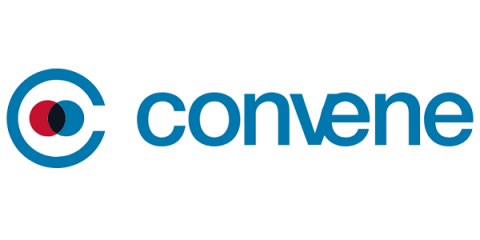Teams | Collaboration | Customer Service | Project Management
Convene
COO vs CEO: The Differences in Roles and Responsibilities
What is Robert's Rules of Order: A Practical Guide for Board Meetings
What is Electronic Signature: The Benefits and Legality
The shift of the boardroom setup from physical in the pre-pandemic to remote in the pandemic has accelerated the trends in the digital transformation of the board. The primary focus now of the boardroom directs on data security, remote collaboration, and seamless meetings. Organizations have switched to platforms and tools that enhance their virtual meeting experience and simplify their tasks — one of which is signing documents.
Creating an Effective Executive Communication Strategy
Leadership skills are not always innate to leaders. In fact, effective leadership roots in inspiring and motivating action toward achieving a team or organization’s goals. To do that, leaders must have communication skills to connect with their audience. Company leaders or executives are the de facto “face” of the team or the company. They are the ones who face the internal and external stakeholders.
Audit Trail: Why Your Business Needs It
Different areas in the business have to keep a watchful eye on their respective transactions, processes, and documents, as these are crucial to the business performance. However, keeping track of important activities is one challenge most departments in the business share. Having a complete record where all actions are logged can help the business with auditing, making sure that there is no room for fraud and other unnecessary activities.
CiT: Adding Efficiency in Your Meetings and Workflows
Businesses nowadays are operating at different heights of hybrid work environments. This setup offers flexibility to workers with over 70% wishing remote work options to continue. With business operations and employee expectations changing by the Covid-19 pandemic, technology becomes more essential for bringing collaboration and connectivity together. Microsoft Teams, in particular, is one of the tools designed with virtual and hybrid work environments in mind.
Secure Meeting Processes in Teams from Start to Finish
Most administrators use Microsoft tools, especially Teams, to aid them in managing meetings. In fact, 91% of Fortune 500 companies use it to develop an effective communication strategy. But there are still loose ends within the app, letting other parties carry out malicious activities at any stage of the meeting process. Teams is no exception to vulnerabilities. From time to time, there have been several reports of security threats in Teams leading to data leaks.
Digital Workplace vs Digital Workspace: How are they related?
Organizations have no way to go but forward. Teams, both high and low, are now turning to digital solutions to manage workplace challenges. The COVID-19 pandemic has expedited digitalization for organizations worldwide. However, despite the unforeseen challenges, digital transformation in the workplace has proven to improve administration, governance, and even workplace culture. Shifting to technology has been a learning curve for most companies.
How to Encourage Participation in Virtual Meetings
Virtual meetings have undeniably improved workplace communications. With so many remote team communication tools with advanced features like Q&A, breakout rooms, chat, reaction icons, virtual whiteboards, and so on, it has never been easier to ask questions and seek ideas from meeting attendees. But, think back to your virtual meetings this week. How many of them were successful? Are awkward silences the norm in your meetings?


